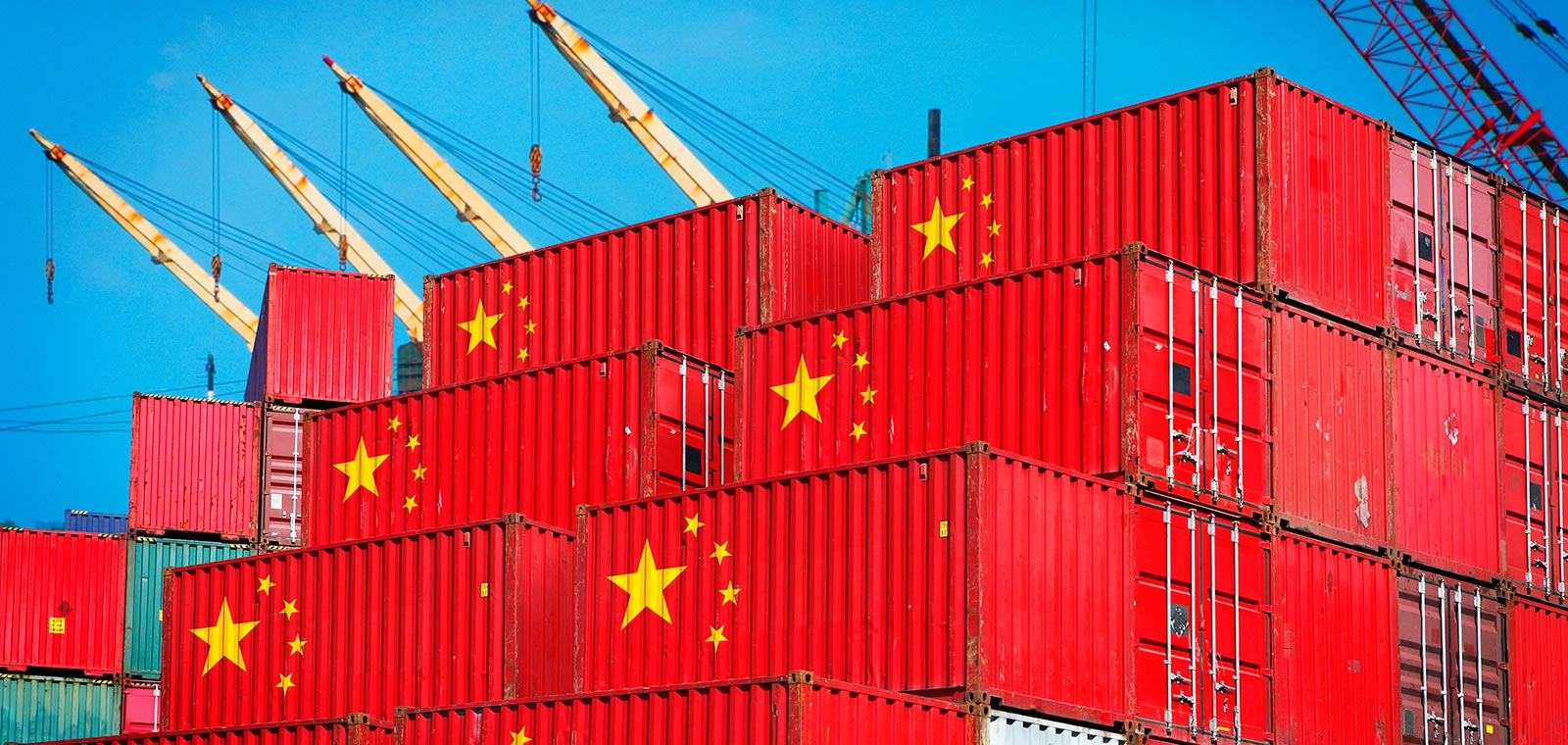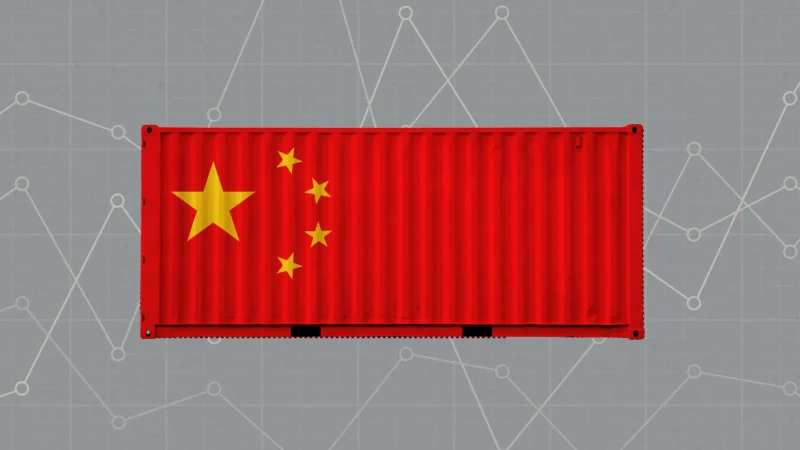When it comes to international trade, terminology is key. Different terms can mean different things and understanding them is essential for success in the global marketplace.
In this article, we will be decoding shipping terms used in Chinese trade; from FOB (Free on Board) to CIF (Cost, Insurance and Freight). Well, be looking at how these terms are used in the context of Chinese trading practices, as well as their implications for both buyers and sellers.
Join us as we decode the world of Chinese trade shipping!
Understanding Shipping Terms in Chinese Trade
Understanding shipping terms in Chinese trade is essential for any business looking to capitalize on the lucrative Chinese market. Shipping costs can make or break a deal, so it’s important to know what each term means and how they affect your bottom line.
FOB, or free on board, refers to a contract where the seller is responsible for delivering goods from their point of origin up until they are safely loaded onto a vessel belonging to the buyer. CIF stands for cost, insurance, and freight; this agreement states that the seller must cover all associated costs including loading fees and insurance premiums up until delivery at an agreed-upon port destination.
Other common terms include EXW (ex-works), DDU (delivered duty unpaid), and CPT (carriage paid to). When choosing among these options both parties need to consider how much risk each one involves as well as which party will assume responsibility if something goes wrong during transit.
Additionally, careful attention should be given when negotiating who pays customs duties and taxes related to international shipments since these amounts can add up quickly. By having a thorough understanding of these shipping terms before entering into contracts, companies can ensure smooth transactions while mitigating potential losses due to unexpected fees or damages along the way.
Exploring FOB and CIF in Detail

To better understand the intricacies of FOB and CIF in Chinese trade, it is important to explore these terms in greater detail. FOB stands for Free on Board, which requires the seller to deliver goods onto a ship or other shipping vessel.
The buyer then takes responsibility for transporting the goods from that point onward. On the other hand, CIF stands for Cost Insurance Freight, where all costs associated with delivery are taken up by the seller until they reach their destination port.
This includes insurance and freight charges as well as any applicable taxes or duties at the port of origin or destination. While FOB puts more financial burden on buyers due to transportation costs, CIF allows them to focus solely on ordering products without worrying about additional expenses along the way.
Examining both options further reveals key differences in terms of risk and control over shipments during transit. With a FOB agreement, buyers have significantly more control since they can choose carriers based on cost and reliability while holding them liable if anything goes wrong during transport.
In contrast, under a CIF agreement sellers take full responsibility for any potential damages incurred en route so there is less incentive to ensure quality service from carriers when compared with an FOB arrangement. Additionally, with a CIF contract buyers may be subject to extra fees if unforeseen circumstances arise such as delays caused by inclement weather or strikes at ports of call.
There are various considerations when deciding whether a FOB or CIF arrangement should be used when trading with China. By exploring both options in depth one can make an informed decision about which option best suits their needs.
Differentiating between FOB, CFR, and CIF
When trading with China, understanding the difference between FOB (Free On Board), CFR (Cost and Freight), and CIF (Cost, Insurance and Freight) is essential. FOB stands for Free on Board – this means that the buyer agrees to pay all costs related to the transportation of goods from the seller’s door to the port of shipment.
The buyer takes responsibility for the goods after they have been loaded onto a vessel at the port of origin. CFR or Cost and Freight indicates that while the seller still pays for export clearance fees, loading charges as well and expenses related to freight transport; it’s now up to the buyer to bear insurance costs associated with shipping.
This agreement stipulates that risk passes onto them once their cargo reaches its destination port, regardless if they have taken delivery yet or not. Finally, CIF or Cost, Insurance, and freight calls for both parties in a transaction involving international trade to share certain responsibilities when it comes down to paying import duties & taxes in addition to covering freight charges plus marine insurance premiums during transit from one country’s territory into another nation’s jurisdiction.
It implies that exporters should arrange payment protection against any eventualities such as theft or loss resulting from unforeseen circumstances throughout their product’s voyage across borders until they reach final destinations safely
Guidelines for Utilizing Appropriate Shipping Terms

Understanding the different shipping terms and how to properly utilize them is essential when trading with China. Several guidelines can help ensure that appropriate shipping terms are used to achieve a successful outcome for both parties.
First, it is important to understand what each of the main shipping terms means. FOB (Free on Board) designates who pays which costs during transportation, while CIF (Cost Insurance Freight) covers all aspects of delivery from origin to destination.
Furthermore, DDP (Delivered Duty Paid) allows for goods to be delivered pre-cleared at their intended destination point, removing any further cost or obligation associated with customs clearance. Second, it is essential to know how these terms may change depending on specific agreements between Importer and Exporter – such as a private contract – rather than relying solely on industry standards set by Incoterms® 2020 rules and regulations.
This will allow everyone involved in the transaction better clarity over what responsibilities they take ownership of throughout the process. Thirdly, clear communication should always be established during negotiations regarding shipments from China so there is no doubt about who pays what charges under certain circumstances.
It’s also critical that buyers do their due diligence when researching suppliers to get an accurate estimate of the total costs associated with freight movement before entering into contracts or binding agreements with Chinese partners.
Conclusion
In conclusion, Chinese trade is a complex process that requires an understanding of the different shipping terms. From FOB to CIF, each term has its own set of obligations and responsibilities for both buyers and sellers.
Knowing the differences between them can help ensure successful transactions and better communication between trading partners at every stage in the supply chain.



